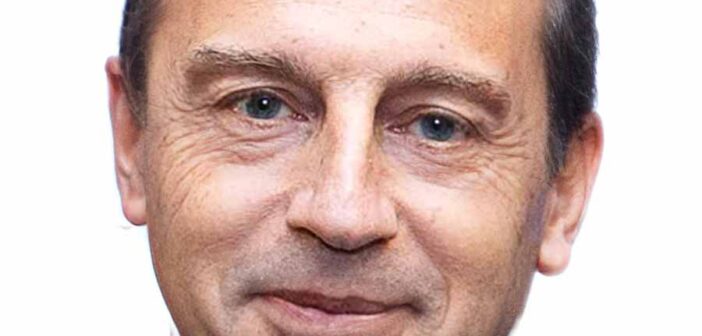
Airbus reported the delivery of 136 commercial aircraft in Q1 2025, a slight decrease from 142 in the same quarter of 2024.
Airbus said was unable to deliver 17 aircraft in the first quarter due to delays in receiving engines from CFM International. They said the number of finished jets missing engines would rise again this quarter.
Airbus CEO Guillaume Faury called for a return to tariff-free trading in the aerospace sector, urging a revival of a 1979 treaty that would spare aircraft and parts from duties across nations.
Airbus reported stronger-than-expected quarterly results, including an underlying operating profit increase and revenue growth amid the ongoing tariff war.
Despite manageable impacts from US tariffs on supply chains, Faury cautioned against escalating trade tensions and closely monitored air travel, airlines and suppliers.
Delta Air Lines CEO Ed Bastian indicated that the airline would defer deliveries of jets to avoid paying tariffs, while Airbus faced delays due to engine supply issues from CFM International.
Mr Faury expressed optimism for the A400M military airlifter’s future production, with expectations of increased European arms spending reviving interest from countries like France and Spain.
Total revenues increased to €13.5 billion, up 6pc year-on-year, while EBIT adjusted reached €0.6 billion.
The net income for Q1 2025 was €793m, with earnings per share reported at €1.01, compared to €0.76 in Q1 2024.
Free cash flow before customer financing was recorded at €-310m, an improvement from €-1,791m in the previous year.
Guidance for 2025 remains unchanged, with targets set for approximately 820 commercial aircraft deliveries and an EBIT adjusted of around €7 billion.
Guillaume Faury, Airbus Chief Executive Officer shared: “It will continue to get worse before it gets better. The complete industry has developed itself around that tariff-free concept, with a lot of back and forth across the Atlantic. Given that situation, that’s a benefit to everyone.”
“We maintain the guidance that excludes tariffs which are adding complexity and remain uncertain. Our Q1 results demonstrate the progress we are making on our priorities across the business. We are ramping up production in line with our plan but the delivery profile will be backloaded, reflecting the specific supply chain challenges we are facing this year. We maintain the guidance that excludes tariffs which are adding complexity and remain uncertain in terms of implementation, scope and duration.
“We are closely monitoring and assessing the situation, but it is too early to quantify the impact today. When it comes to our defence activities, we support the recent approach to strengthen the European defence industry and we stand ready with our broad portfolio of products and solutions to respond to our customers’ requirements.”




